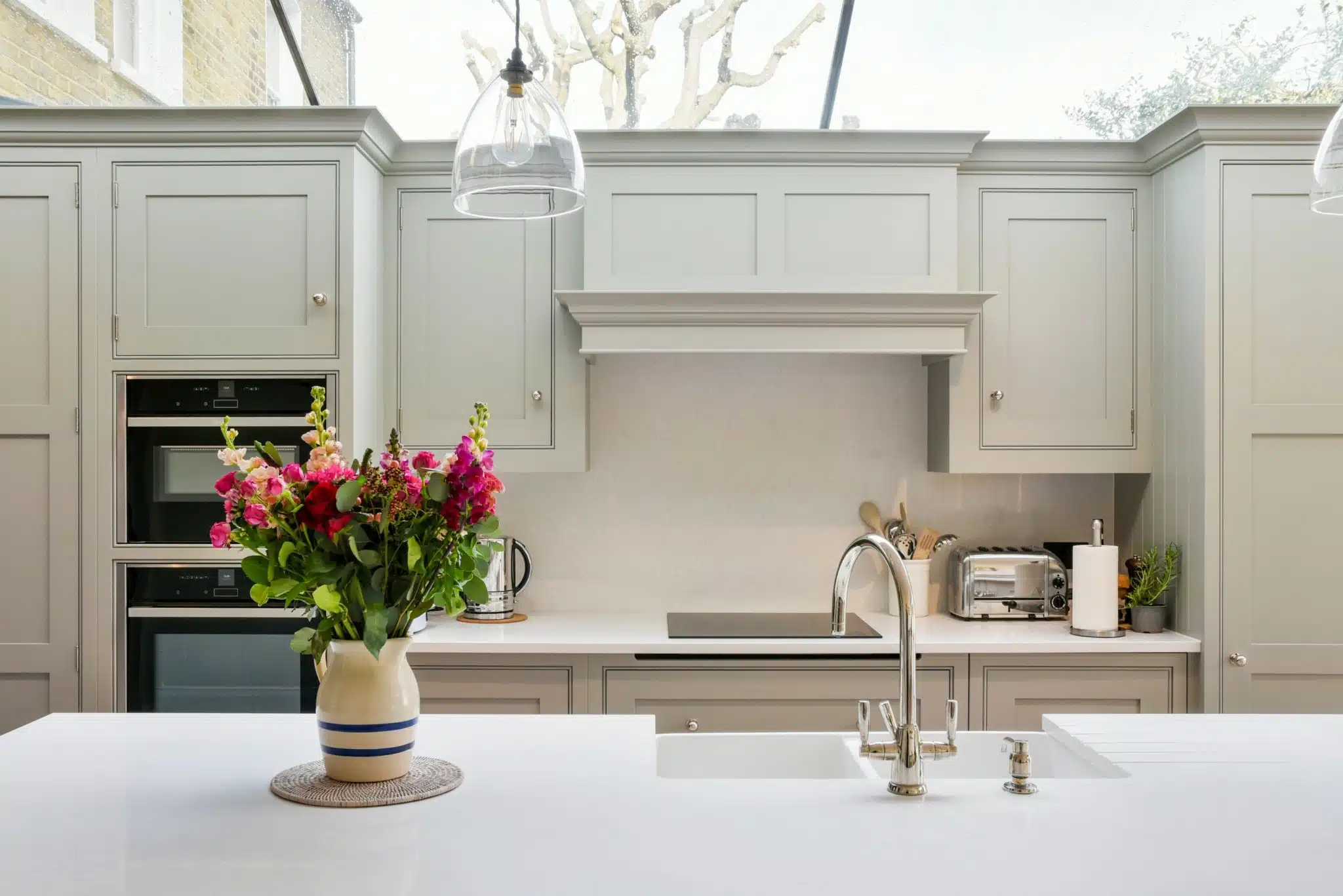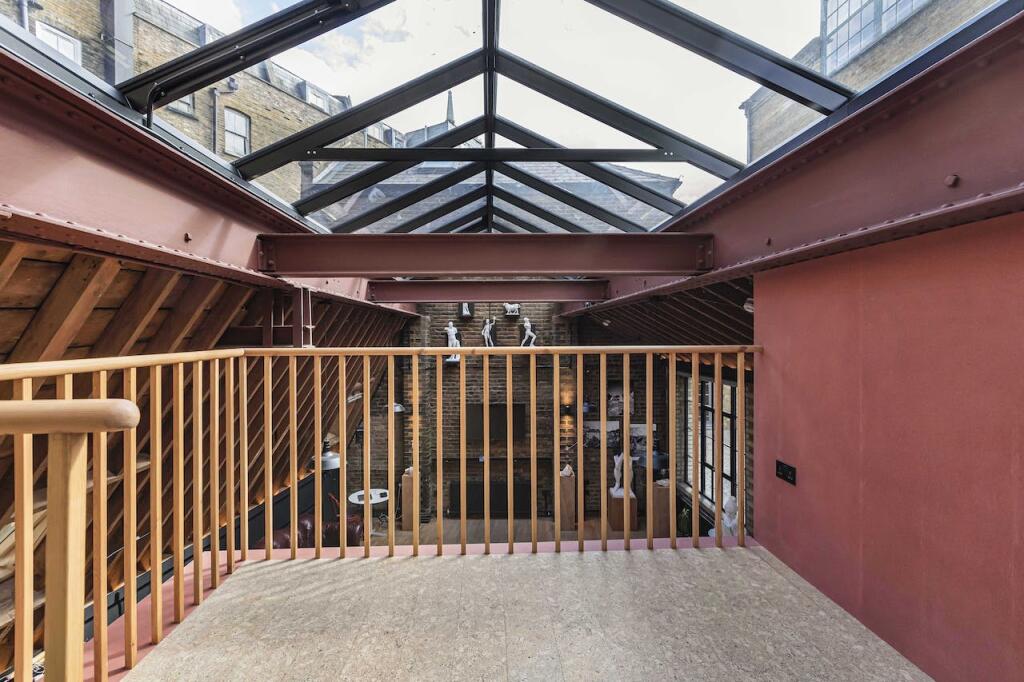
Solar Glazing
Solar glazing can be effective in various climates by choosing the appropriate type for your needs. For instance, in summer, solar glazing can help keep buildings cool by blocking excessive heat, while in winter, it can trap heat inside, reducing heating requirements.
Whether you’re considering incorporating solar glazing into your home, office, or any building project, we’ve compiled and answered the top questions to help you make an informed decision.

1. What Is Solar Glazing?
Solar glazing, also known as solar control glazing, is a type of glass specifically designed to reduce heat gain or loss in a building. It incorporates advanced technologies to manage the amount of solar radiation that passes through the glass. This can include tinted coatings, reflective films, and insulated glazing units that effectively control the energy flow, enhancing a building’s energy efficiency.
2. How Does Solar Glazing Work?
Solar glazing works by selectively filtering the sun’s energy. It allows natural light to enter while reflecting or absorbing sunlight’s infrared and ultraviolet (UV) components. This selective filtration helps maintain interior temperatures, reducing the reliance on heating and cooling systems and leading to significant energy savings.
3. What Are the Benefits of Solar Glazing?
The benefits of solar glazing are numerous:
- Energy Efficiency: Solar glazing can significantly lower energy bills by reducing the need for artificial heating and cooling.
- Comfort: It improves indoor comfort levels by regulating temperatures and reducing glare.
- UV Protection: It offers protection against harmful UV rays, preventing fading of interior furnishings.
- Sustainability: Solar glazing contributes to a building’s sustainability by lowering carbon emissions associated with energy use.
4. How Does Solar Glazing Compare to Regular Glazing?
Solar glazing offers enhanced thermal performance and energy efficiency compared to regular glazing. While regular glass might not significantly reduce heat gain or loss, solar glazing is precisely engineered to control solar radiation and improve a building’s thermal envelope.
5.What Are the Installation Costs of Solar Glazing?
The installation costs of solar glazing can be higher than standard glazing due to the advanced technologies used. However, long-term energy savings and increased property value often offset the initial investment.
6. How Long Does Solar Glazing Last?
Solar glazing is designed for durability and long-term performance. Solar glazing can last as long as traditional glass with proper installation and maintenance, often up to 20-30 years or more, depending on the quality and type.
7.Where Can Solar Glazing Be Used?
Solar glazing is versatile and can be used in various settings, including residential homes, commercial buildings, and industrial facilities. It’s particularly beneficial in areas with large glass facades or where controlling interior temperatures and reducing energy consumption are priorities.
Solar glazing represents a significant advancement in building technology, offering a sustainable and efficient solution for modern construction. Property owners can enjoy improved comfort, lower energy bills, and contribute to environmental conservation by incorporating solar glazing. If you’re considering solar glazing for your project, our team is here to provide expert advice and support every step of the way.
We hope this blog has answered your top questions about solar glazing. If you have more queries or need further assistance, contact us. Let’s work together towards a greener, more sustainable future.


